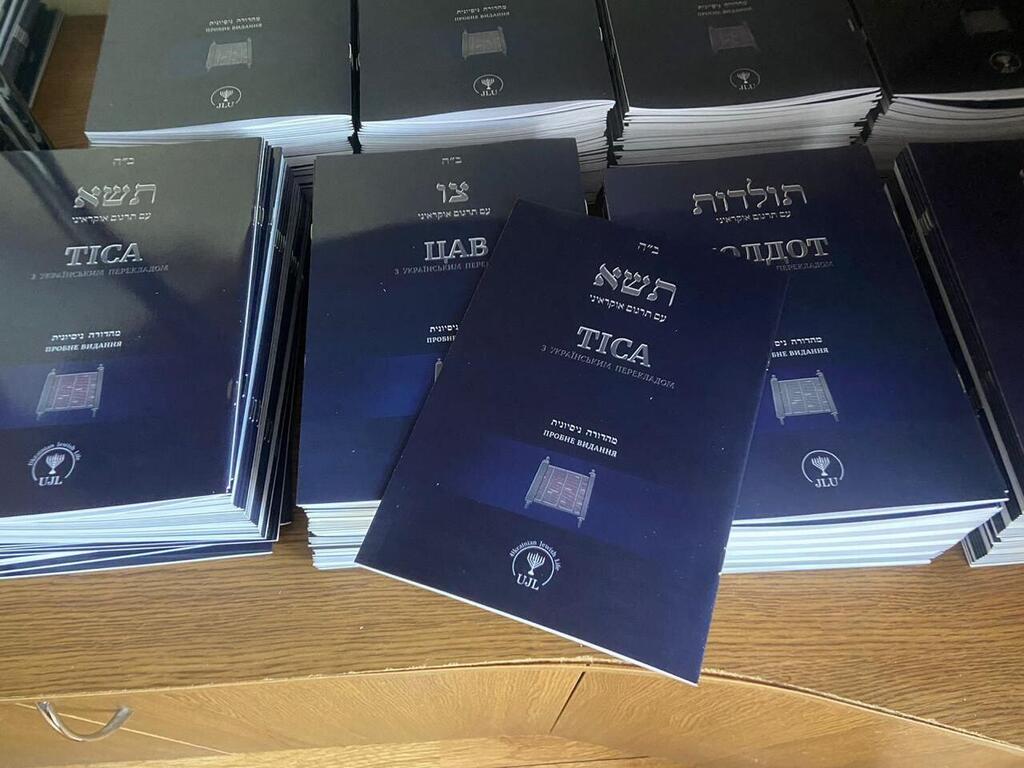Gen Alpha slang or just pure gibberish?
A millennial mom enlisted her 10-year-old daughter to teach her some new slang terms, but was left utterly flabbergasted when she could barely decipher them.
Jennifer Maxwell, a North Carolina mom and content creator who boasts more than 22,000 followers on TikTok, attempted to guess the meanings of her kid’s new lingo, posting a hilarious clip of the interaction that has since earned 9.8 million views and thousands of comments calling the new words cringe-worthy and cruel.
Maxwell admitted that she has “no idea” what her daughter is “saying half the time anymore,” comparing her “weird words” to a “foreign language.”
First up: “Sigma.”
“I was not in a sorority, I was in the army,” Maxwell said before failing to guess the meaning.
According to the savvy Gen Alpha, the word means that someone is “the best of the best,” likening it to someone being called an “Alpha” — both, ironically, are letters in the Greek alphabet.
Next was the word “rizz,” a term that surged in popularity last year and is shorthand for “charisma.” Maxwell, proud of herself for knowing one of the words on her daughter’s list, likened it to a “smooth talker.”
Her 10-year-old added that it means the ability to “pull someone.”
“You’re 10, who you pulling?” Maxwell quipped with a laugh.

“Rizzlers” was third on the list, which Maxwell guessed meant a “pack” or “crew” of people with rizz or who aspired to have rizz. Her daughter corrected her, vaguely explaining that to say, “where the rizzlers,” means you’re asking where the people with optimum rizz are.
The word “Ohio” was up next, and Maxwell guessed it meant something “good.”
“Ohio means you’re weird and you’re dumb,” her daughter explained to the mom’s shock, adding that it’s used as an insult.
“I’m sure people from Ohio do not like this,” Maxwell interjected.
Fifth on the list was the term “skibbidi” or “skibbidi toilet,” a reference to a viral meme of a person’s head coming out of a toilet. To call someone that, or refer to someone’s actions as such, is to say they’re “weird,” the youngster explained.
“Mewing” is up next — a word that traditionally describes a type of facial movement to create the illusion of a sharper jawline, but that the 10-year-old said means to “work on your jawline.”
“What kind of kids are we raising?” Maxwell said in disbelief.
Last on the younger’s list was “Chad Alpha.” In an attempt to guess what the phrase meant, Maxwell recalled Taylor Swift’s interview reference to angry “Dads, Brads and Chads,” assuming that being a “Chad” was negative.
Instead, she was surprised to learn that the term actually was the opposite. To the pre-teen, to be a “Chad Alpha” means to be “the leader” or “the best person.
Likewise, fellow millennials and Zoomers were perplexed by the youngsters’ hip lingo, expressing their confusion in the comments.
“Still confused about Sigma, if it means Alpha why switch the letter,” questioned one person.
“As someone who works in a 4th grade classroom, thank you. these words have haunted me all year and I haven’t wanted to ask what they mean,” another viewer wrote.
“It seems like the current slang is more about underhanded bullying,” someone else said. “Middle school can be a brutal experience.”
“I banned my kids from saying this entire list because they couldn’t explain it or use it in a sentence…brain rot,” quipped another.
“She doesn’t even know what they are,” one person said of the 10-year-old’s explanations.
“Yep definitely gen alpha child.. I’m gen z and have no clue what they mean,” admitted another user.
“As a gen z…. This isn’t English this can’t be the future,” one doomsayer chimed in.
“Throwback to my generation (late millenial/early gen z) slang which was swag, lit, yeet, bruh, goated, etc.” recalled another person.
“Ok this new slang words make me cringe and wonder what I said in the past that I thought way so cool,” cringed someone else.




